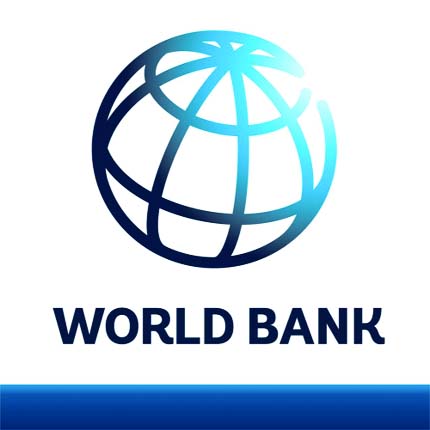
Staff Reporter :
Taking into consideration the fisheries sector as a major driver for growth, the government has decided to establish 100 model fishing villages across the coastal areas of the country with the help of the World Bank (WB).
The WB will provide $240 million financial assistance to the government for implementation of the model villages under an integrated project to improve management and production in marine and coastal fisheries and aquaculture.
An agreement has been signed to this effect between the government and the WB on Thursday.
“For Bangladesh, the fisheries sector is a major driver for growth. The marine and coastal fisheries have significant potential for sustainable and higher production,” said Kazi Shofiqul Azam, Senior Secretary of the Economic Relations Division (ERD), at the signing ceremony in his office.
He said the project will directly contribute to Bangladesh’s Blue Economy initiatives.
ERD Secretary Kazi Shofiqul Azam and the WB’s Acting Country Director for Bangladesh Zahid Hussain inked the agreement on behalf of their respective part.
A WB statement says that the project initially targets 16 coastal districts for setting up community co-management associations with fishing communities.
In the planned 100 model fishing villages, adult fishermen will be guided to adopt supplementary and alternative livelihoods while female members will get skills development and nutrition awareness trainings, the WB said.
It says that the currently ongoing scheme of introducing fisher identity card system will be expanded under the project and linked with the geographic information system platform.
It says the vessel registration and licensing for fishing will also be improved.
In addition, the project will help the government conduct surveys and assessments for shrimp and sea fish stocks and strengthen monitoring systems for industrial and artisanal fisheries.
The project will help improve fisheries management systems, infrastructure, value chain investments and encourage private sector investment to increase the availability and quality of sea fish.
It will also support reforms in fisheries policies and regulations, the WB said.
Taking into consideration the fisheries sector as a major driver for growth, the government has decided to establish 100 model fishing villages across the coastal areas of the country with the help of the World Bank (WB).
The WB will provide $240 million financial assistance to the government for implementation of the model villages under an integrated project to improve management and production in marine and coastal fisheries and aquaculture.
An agreement has been signed to this effect between the government and the WB on Thursday.
“For Bangladesh, the fisheries sector is a major driver for growth. The marine and coastal fisheries have significant potential for sustainable and higher production,” said Kazi Shofiqul Azam, Senior Secretary of the Economic Relations Division (ERD), at the signing ceremony in his office.
He said the project will directly contribute to Bangladesh’s Blue Economy initiatives.
ERD Secretary Kazi Shofiqul Azam and the WB’s Acting Country Director for Bangladesh Zahid Hussain inked the agreement on behalf of their respective part.
A WB statement says that the project initially targets 16 coastal districts for setting up community co-management associations with fishing communities.
In the planned 100 model fishing villages, adult fishermen will be guided to adopt supplementary and alternative livelihoods while female members will get skills development and nutrition awareness trainings, the WB said.
It says that the currently ongoing scheme of introducing fisher identity card system will be expanded under the project and linked with the geographic information system platform.
It says the vessel registration and licensing for fishing will also be improved.
In addition, the project will help the government conduct surveys and assessments for shrimp and sea fish stocks and strengthen monitoring systems for industrial and artisanal fisheries.
The project will help improve fisheries management systems, infrastructure, value chain investments and encourage private sector investment to increase the availability and quality of sea fish.
It will also support reforms in fisheries policies and regulations, the WB said.

